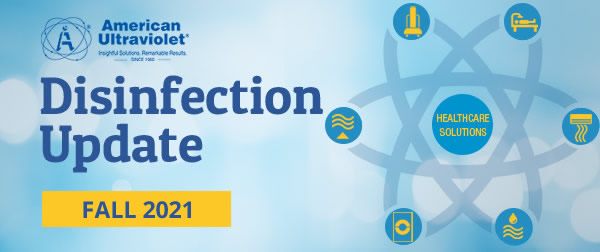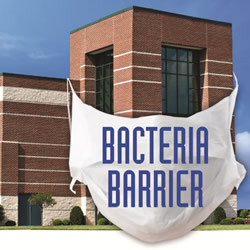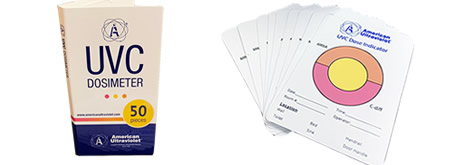
To Mask or Not to Mask...
That is certainly the question these days. Along with vaccine or no vaccine… along with surface transmission or airborne transmission… along with in school learning or virtual?
 These are just some of the questions we are all facing today and, to quote Gomer Pyle (sorry I am old), "Gooolly" the answers are sure confusing. The one thing that is consistent is the inconsistency in the information we are receiving. Early on in the pandemic we were told the virus was able to survive on surfaces, without much of an airborne threat. Then it was both an airborne and surface threat; and now it seems that the main threat is airborne? Unfortunately, for the general population the evolution of the messaging has become more political than scientific.
These are just some of the questions we are all facing today and, to quote Gomer Pyle (sorry I am old), "Gooolly" the answers are sure confusing. The one thing that is consistent is the inconsistency in the information we are receiving. Early on in the pandemic we were told the virus was able to survive on surfaces, without much of an airborne threat. Then it was both an airborne and surface threat; and now it seems that the main threat is airborne? Unfortunately, for the general population the evolution of the messaging has become more political than scientific.
A couple of simple questions we can all ask ourselves are:
Q. What makes the Covid-19 virus different, or special, from other single stranded RNA viruses, as it relates to survivability on surfaces?
A. Not all that much, according to the CDC, who says "on non-porous surfaces, viable virus can be detected for days to weeks." Now, to be fair, it is still considered a threat, but a "low level" threat, which may give some a false level of security so please be cautious.
Q. Does a mask, or do several masks, protect us from the Covid-19 virus?
A. It appears so. We again defer to the CDC for guidance "The risk of fomite transmission can be reduced by wearing masks consistently and correctly, practicing hand hygiene, cleaning, and taking other measures to maintain healthy facilities."
https://www.cdc.gov/coronavirus/2019-ncov/more/science-and-research/surface-transmission.html
Q. Will wearing a mask increase the amount of carbon dioxide I breathe and make me sick?
A. The Mayo Clinic recently addressed some common myths regarding the use of cloth masks, and it looks like cloth masks do more good than they do harm. "There is no risk of hypoxia, which is lower oxygen levels, in healthy adults. Carbon dioxide will freely diffuse through your mask as you breathe."
https://www.mayoclinichealthsystem.org/hometown-health/speaking-of-health/debunked-myths-about-face-masks
Q. How effective are the three most popular vaccines.
Referring to an article published by Yale Medicine, the numbers stack up as follows:
- Pfizer - Initial Phase 3 clinical data presented in December showed its vaccine to have 95% efficacy.
- Moderna - Greater than 90% efficacy against cases of COVID-19, and more than 95% against severe cases, according to the company.
- Johnson & Johnson - 72% overall efficacy, and 86% efficacy against severe disease in the U.S., according to analyses posted by the Food and Drug Administration in February.
https://www.yalemedicine.org/news/covid-19-vaccine-comparison
Even with these answers, it still remains confusing for many when it comes to wanting to know - what are the right things to do? My approach is to remain diligent in doing easy, and sometimes not so easy things, including handwashing, mask wearing, vaccine getting, and social distancing. At the end of the day taking these small steps really isn't that hard after all, especially when it comes to protecting the health of our family, friends and co-workers. Please be safe!
Visit the Disinfection Update E-newsletter archives (which begin with March 2020) to read helpful stories about the effectiveness of UVC Disinfection.
None of the American Ultraviolet UVC products detailed above are certified, or approved under any applicable laws, as a medical device, and as such, American Ultraviolet, and its Representatives and Distributors, do not currently intend for them to be used as medical devices anywhere globally. Products have not been evaluated by the FDA.
